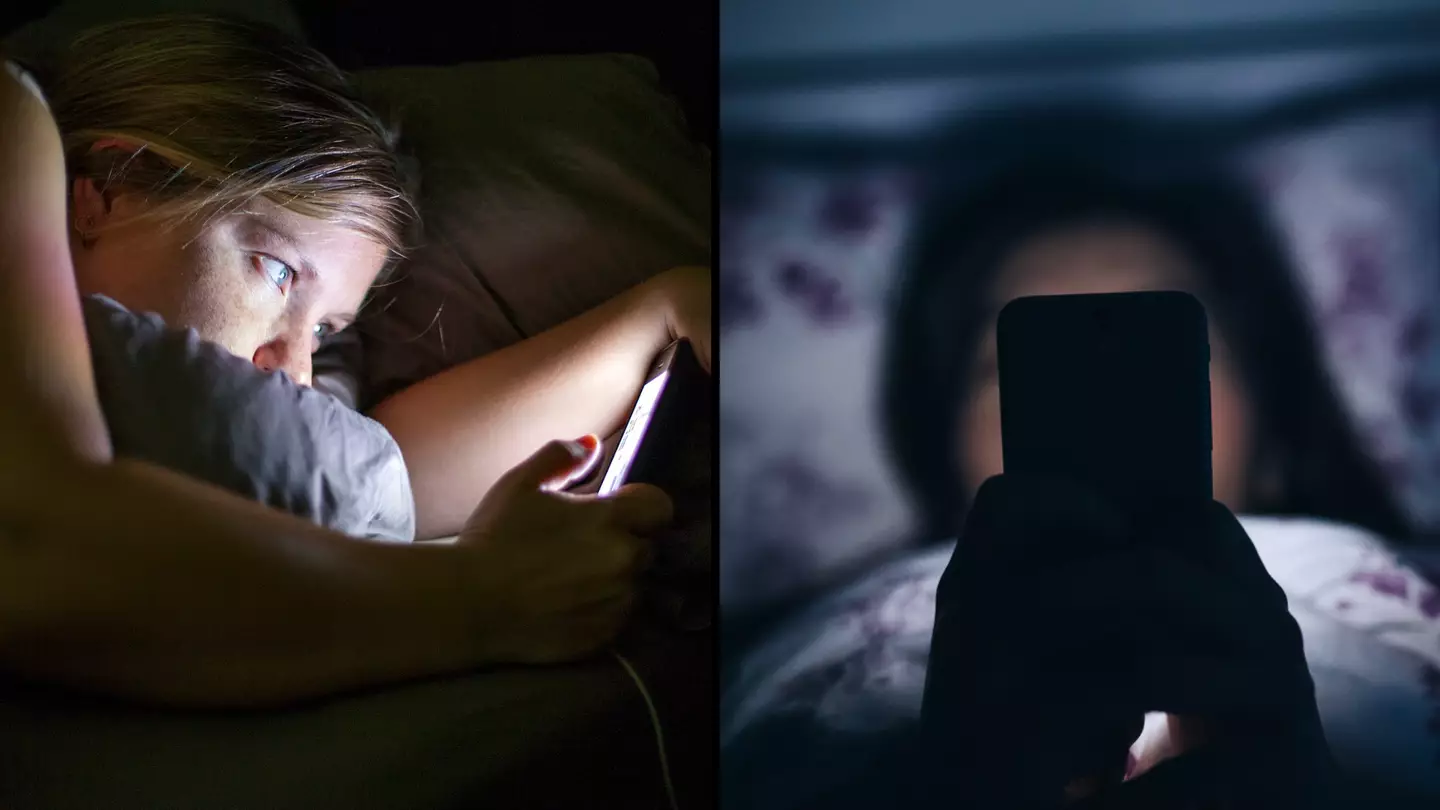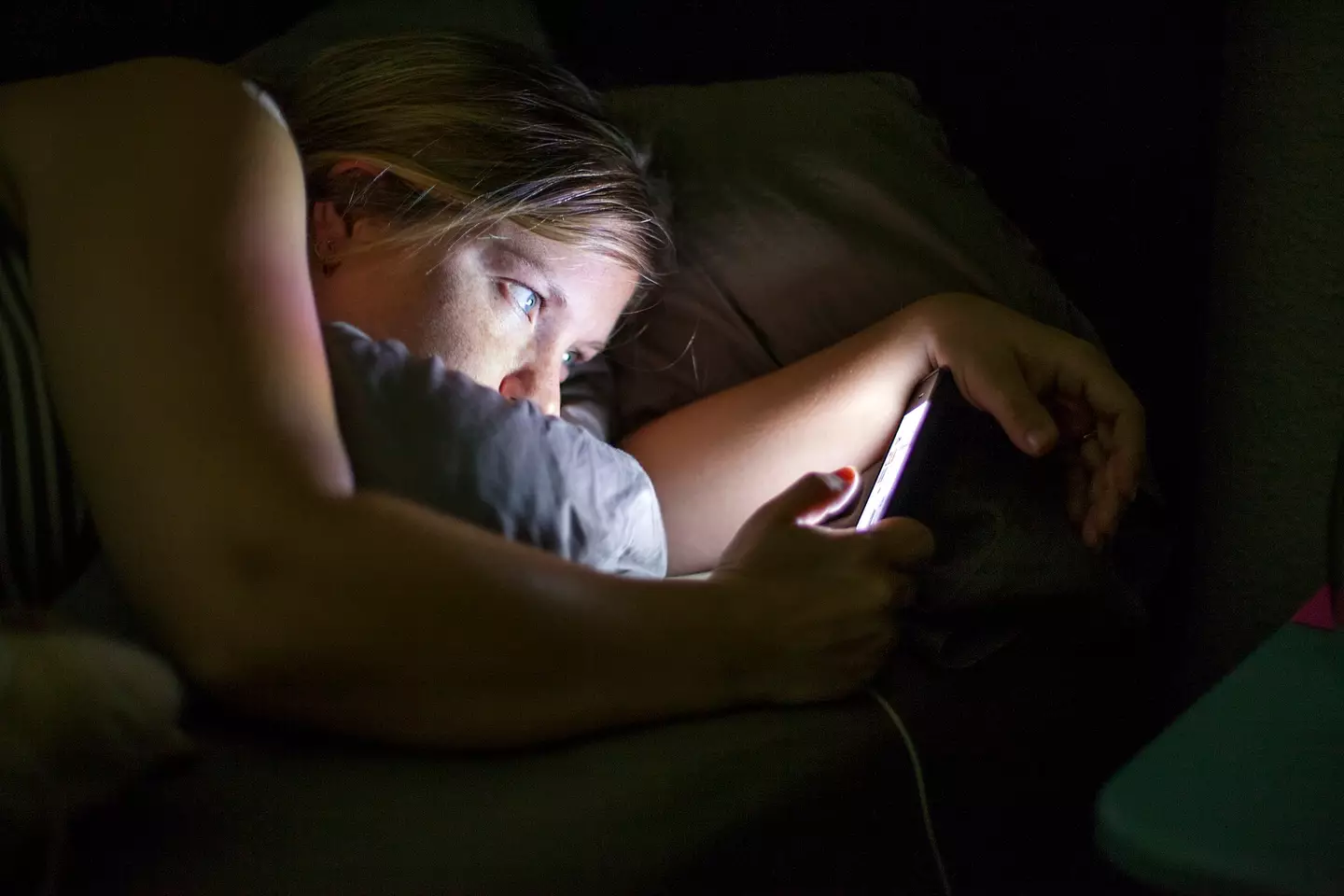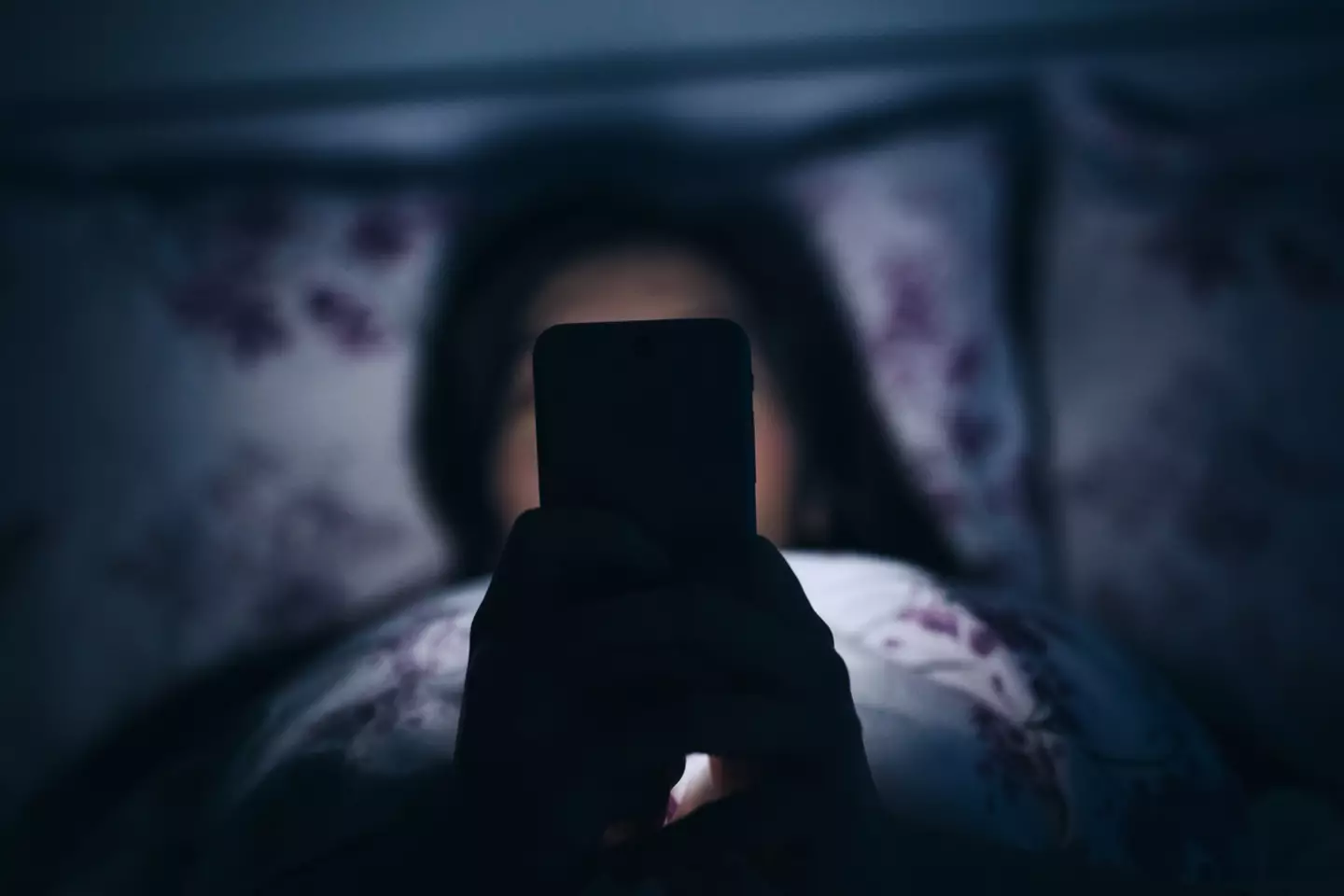
We all know that one person who goes to sleep way too late every single night.
It could be because of a hectic work life, or perhaps your newborn just won't allow you to take a proper rest.
Whatever the reason is though, waiting till beyond 1am to go to sleep really isn't good for you, according to a new study.
A sample size of 73,888 people in the UK was used, as experts looked at the trend in overall sleep and health quality from that data.
Advert

Study limitations
The people who were used in the study were mostly of white ethnicity, and middle-aged or older, says Dr. Indira Gurubhagavatula, a professor of medicine in the division of Sleep Medicine at the University of Pennsylvania, US, who was not involved in the study in any way.
“And the way they decided which chronotype you are came from a single question, although they did use one that has been validated," Gurubhagavatula told HuffPost.
"But typically how we assess morningness or eveningness is with a much more thorough questionnaire that has a lot more detailed questions."
The dangers of sleeping after 1am
Results from the study showed that people who go to bed after 1am are more likely to experience mental health issues - such as anxiety and depression - than those who go to bed before that time.
“So, for example, maybe you can chew gum, you can talk, you can walk, but the frontal lobe of the brain is very vulnerable to sleep deprivation,” explained Dr. Gurubhagavatula.

“So, our ability to not swing wildly from one emotion to the other ― that ability to inhibit ourselves ― becomes impaired under conditions of sleep deprivation or staying up very late at night.
“Then it can lead to more negativity, more anxiety ... because the higher brain functions that would regulate those emotions are more dulled.”
What to do if you work a late shift
Dr. Gurubhagavatula claims that napping is very important and can be very useful - as long as you keep your naps between 20 - 30 minutes.
“One type of nap is called a strategic nap, which happens during the shift when you know that you have a slump period where it’s so hard to stay awake, your eyes are just going to close," Dr. Gurubhagavatula said.
"It will be very efficient to use that time to grab a nap if you can. And then the other thing is what’s called a preemptive nap.
“So before the shift even starts, you go into the shift as well rested as you can be.”
Click on the following link if you would like to take a look at the full study - Perils of the nighttime: Impact of behavioral timing and preference on mental health in 73,888 community-dwelling adults
Topics: Sleep, Health, Mental Health